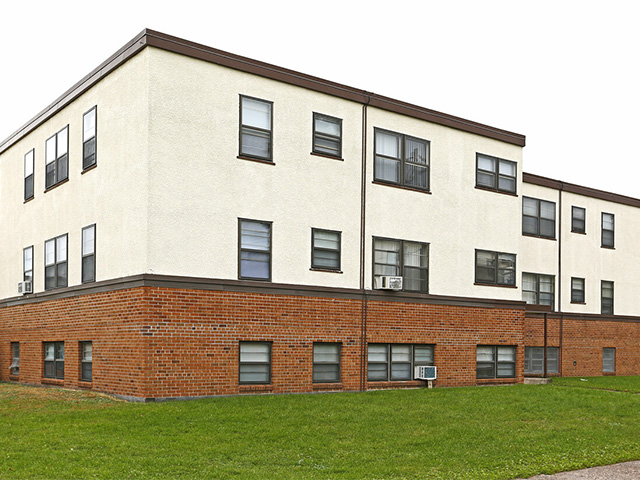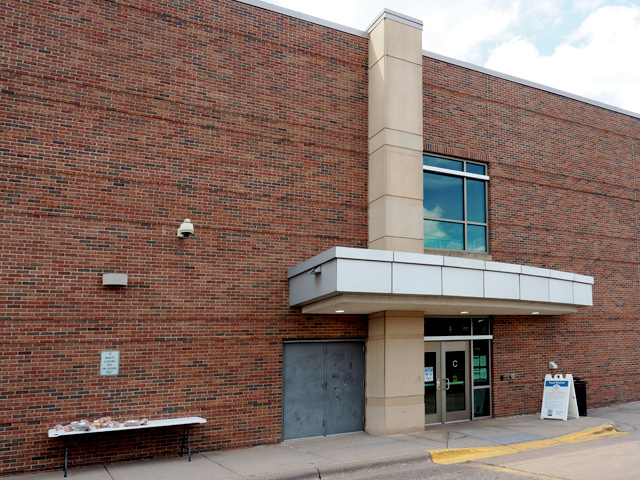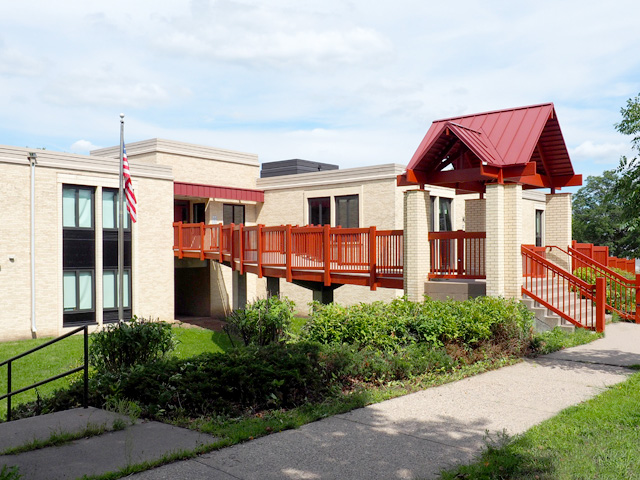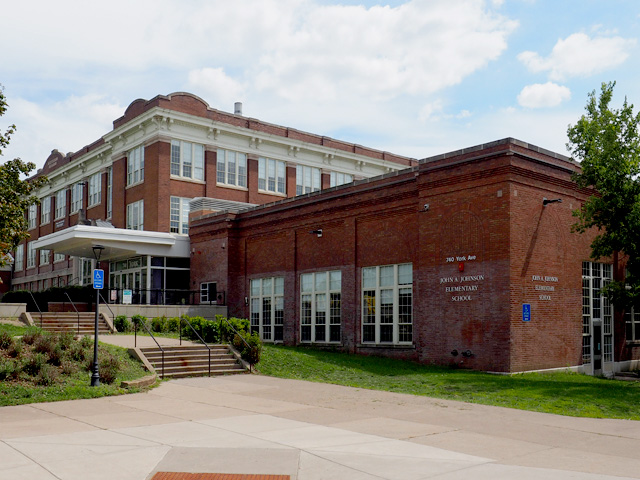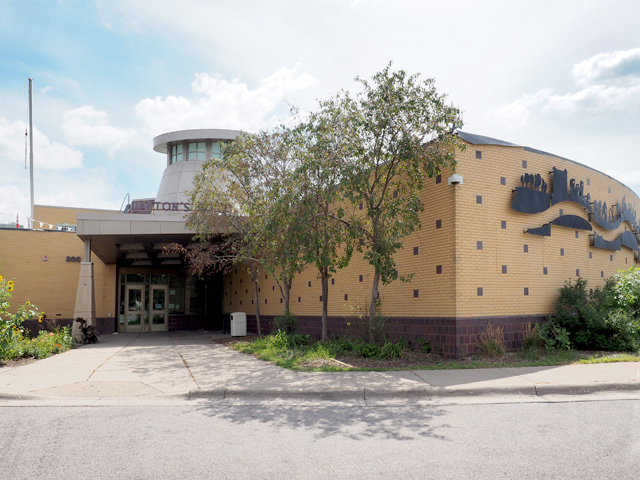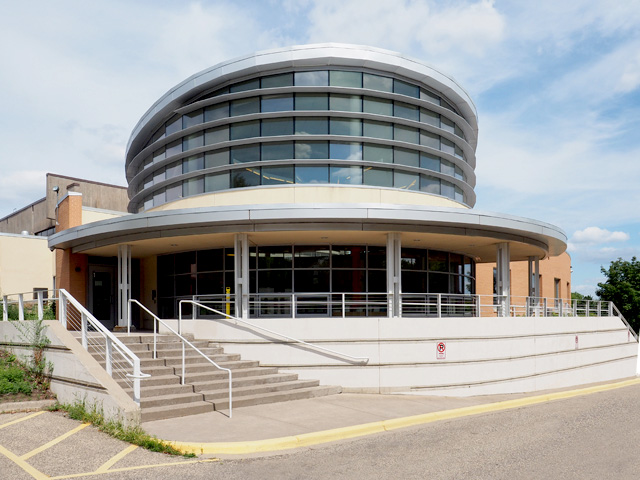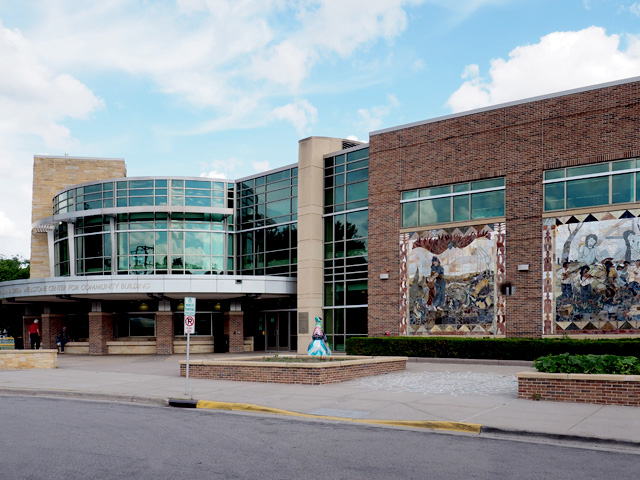No Minnesota school lunchroom refuses to serve a student with lunch debt, but some schools offer the student an alternative meal—typically a cold, pre-packed sandwich that’s only given to students with debt.
This is called lunch shaming. It’s a strategy implemented when a student has a negative balance in their school lunch account. Among other tactics used in lunchrooms throughout the country, the goal is clear: humiliation that will result in debt repayment.
Other common lunch shaming practices:
• Staff throw away a child’s hot meal and replace it with an alternative, inferior meal
• Students are required to work off their debt, often by cleaning the cafeteria
• Students are given a sticker or a stamp on their body that alerts others to their lunch debt
• Students are not allowed to participate in extracurricular activities such as school dances and sports
• Students are told they will not be able to graduate
Most of us can agree that this is a horrifying practice. Beyond the trauma of publicly shaming and stigmatizing children, depriving a child of the nutritious food they need to learn and develop has long-lasting effects.
Children who experience food insecurity (multiple indications of disrupted eating patterns and reduced food intake), are harmed by alternative meal options. Sugar-rich meals like peanut butter and jelly sandwiches do not provide a child the nutrients they need to learn. And when they have difficulty getting healthy food outside of school as well, the negative effects begin to stack.
Firstly, food insecurity is stressful. And in children, they can experience toxic stress response, the body’s physiological and cognitive response to stressful experiences over a long period of time. When a developing brain has exposure to toxic stress, the memory, emotional regulation, and language areas of their brain can all be negatively impacted. A prolonged toxic stress response puts children at risk of developing cardiovascular disease, cancer, depression, and other chronic diseases.
Secondly, hunger is distracting. It’s a nagging, painful feeling caused by the need for food. Students who are hungry tend to focus on the fact that they are hungry—rather than what’s being taught in their classroom—so they fall further behind their classmates.
It’s important to note that not every student from a food insecure household receives free or reduced lunch. But that doesn’t mean that their parents don’t struggle to afford food. Income guidelines for school lunch programs don’t take into account factors like rising rental costs, stagnant wages, unexpected medical bills, and other socioeconomic circumstances.
When 1 in 7 children in the United States struggle with hunger, the solution is not to shame them.
But what is the solution?
The School Nutrition Association reports that at the end of the year, school districts have student lunch debt ranging from the single-digits to nearly $1 million. And schools can’t simply pay off this debt. They’re prohibited from using federal funds to pay off the debt, so they must use general funds which takes money away from educational activities and materials—further punishing students. Some communities have created fundraising campaigns to cover the debt, but it’s not a sustainable solution, nor is it feasible for all school districts.
In an ideal world, there would be universal free lunch so that families didn’t need to worry about paying for meals, and school districts didn’t need to worry about paying off lunch debts. But for now, more ethical and effective communication between schools and parents is needed. Because many families aren’t aware of the programs they may be eligible for, schools must proactively work with families and help them sign up for and navigate benefits.
And what about those children who live in food insecure households who struggle getting food outside of school?
You can help them and their families during Neighborhood House’s March Food Drive. Starting March 1, 2020, you can donate money and food so that St. Paul children will get the nourishment they need to succeed in school. Ensuring families have access to fresh, nutritious food at home can alleviate food insecurity both at home and in school.
Neighborhood House’s food market has strong buying power when it comes to purchasing food in bulk. Meaning, your money can buy more food through our food market than at your local grocery store. However, both monetary and food donations are needed and greatly appreciated. If you’d like to donate food directly, contact Georgeanna Nguyen at gnguyen@neighb.org to learn more about the types of food Neighborhood House’s food market needs most.



